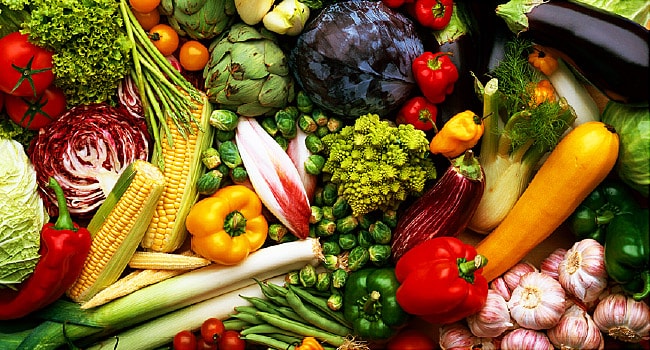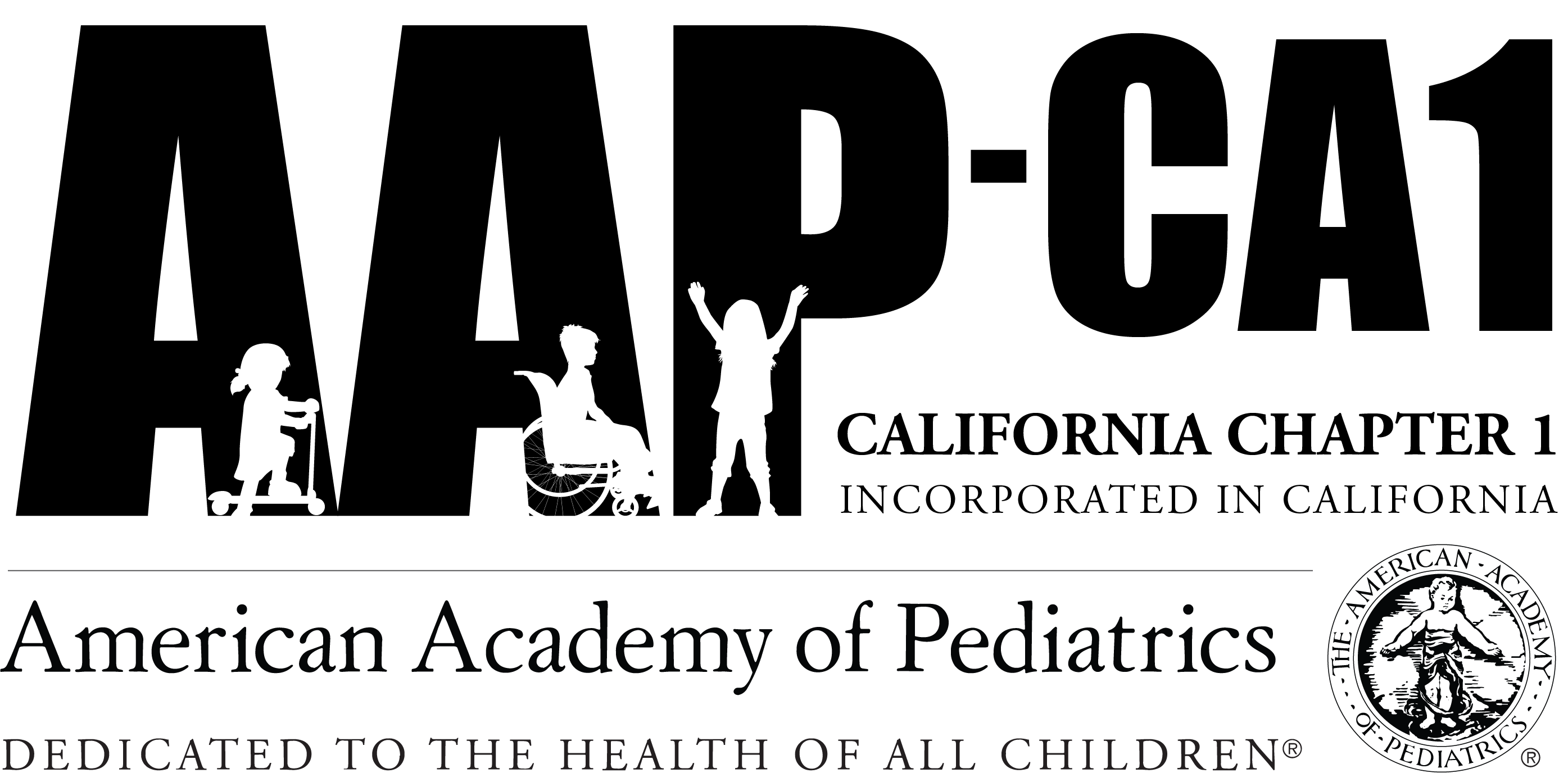What’s Up, Docs? Article
Emma Squire, MD
Posted July 27, 2021

I try to ask this question at all of my regular well child checkups. It’s an easy segue to counseling on the importance of varied nutrition and adequate physical activity as part of a healthy lifestyle. Prior to this year, this question was usually met with giggles and stumped faces before finally blurting out an answer. (I’ve heard answers ranging from French fries, to apples, to artichokes!) However, in post-pandemic clinic visits this question often feels woefully inadequate and often shortsighted. Children and families are now cautiously returning to clinic and resuming normal care after a prolonged absence in the era of COVID-19. During this time many families experienced hardships including illness, loss of loved ones, loss of income, unstable food and housing, and loss of community support systems. Given the weight of these new stressors, other problems went unaddressed. Now, in post-quarantine clinics, I am seeing increased rates of anxiety, depression, and obesity as children tell me how they’ve spent the last few months. Instead of hearing about camps and sports teams, I hear about summer days spent indoors playing video games. Many have not seen friends in months, many feel they no longer have the same friendships they did before the pandemic. Everyone seems to feel that they are eating more and moving less. Some days I am referring the majority of my patients to mental health resources, although I know these services have been overstretched as well. I hope my kids will receive calls soon, that calendars still have open slots, and that virtual therapy sessions will be enough to tackle the hardships brought on from COVID-19. I also know that for many children and teenagers these measures have not been enough to prevent more serious manifestations of mental illness, particularly suicide attempts. After caring for multiple patients this year hospitalized for ingestion and self-harm, I wonder if our traditional methods of battling mental health are going to be adequate to fix this growing problem? And the truth is, I am also struggling after this year. I too am cut off from support systems, I am eating too much, moving too little. But I try to focus on the future, and to give myself the same talk I give to my patients: “You have been through hard, and truly unprecedented times, and you have come out the other side stronger. You have handled the situations life has presented to you and I am proud of you”. So, when I conduct my next well child check and ask how everyone is doing after quarantine, I will still counsel on healthy lifestyles. I will still look directly at my patient and ask them, “What is your favorite vegetable?”
